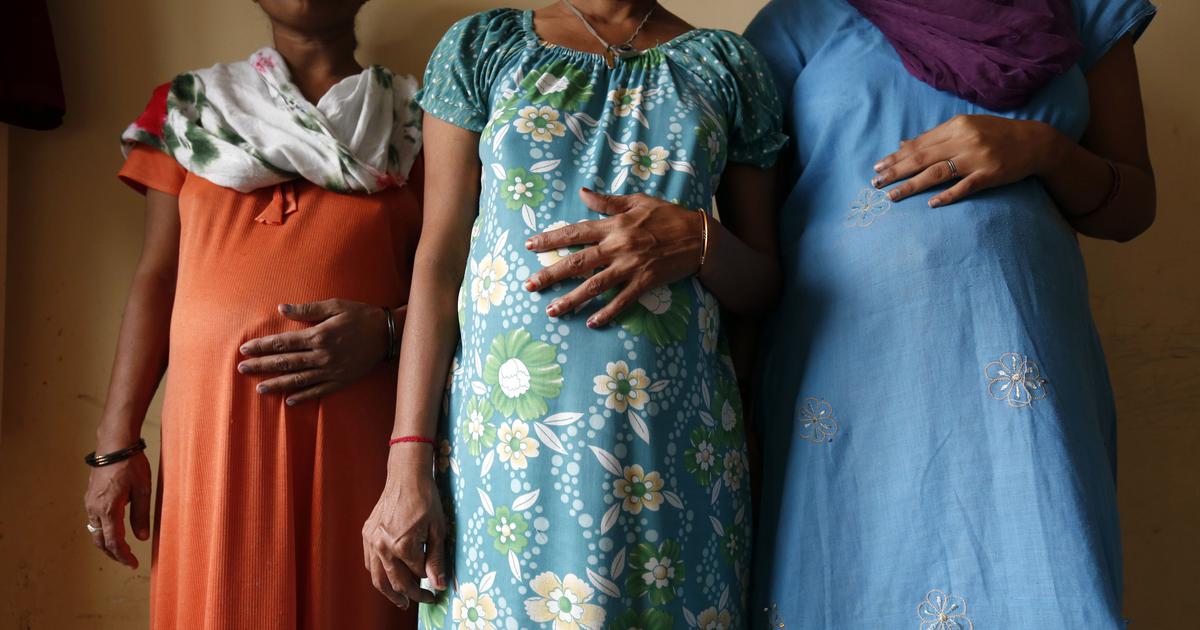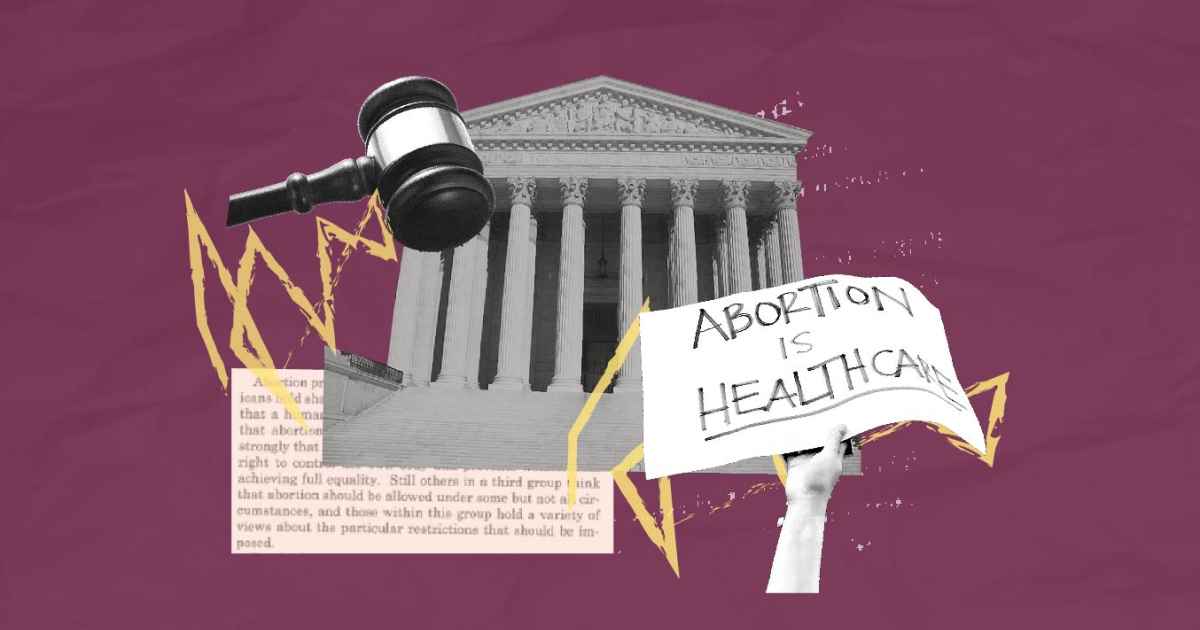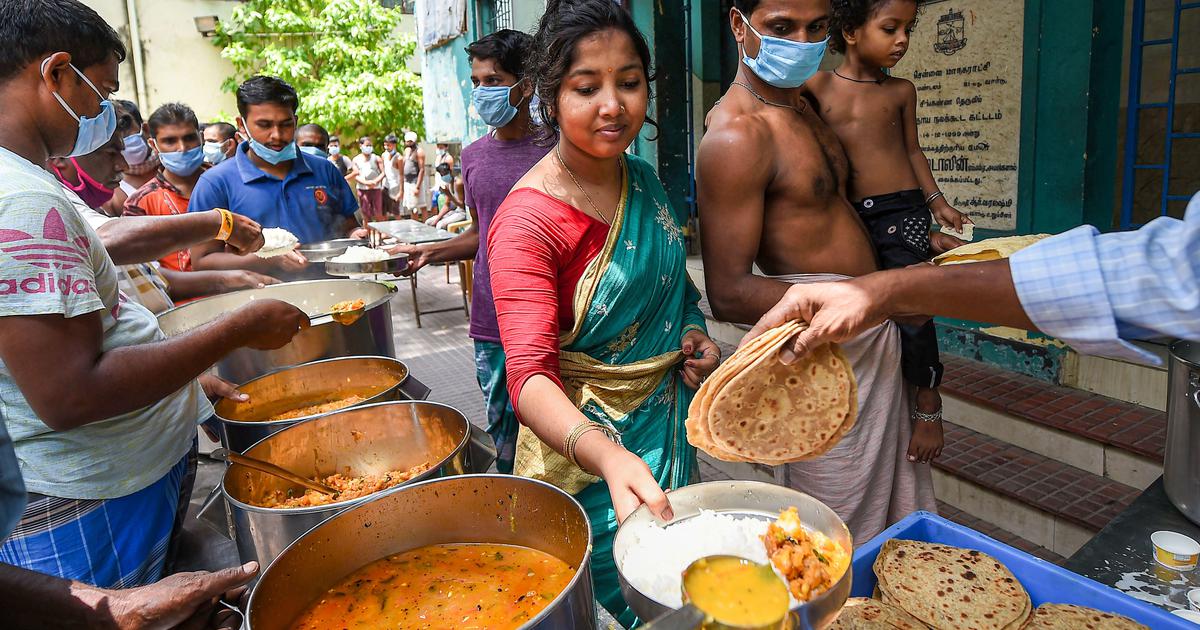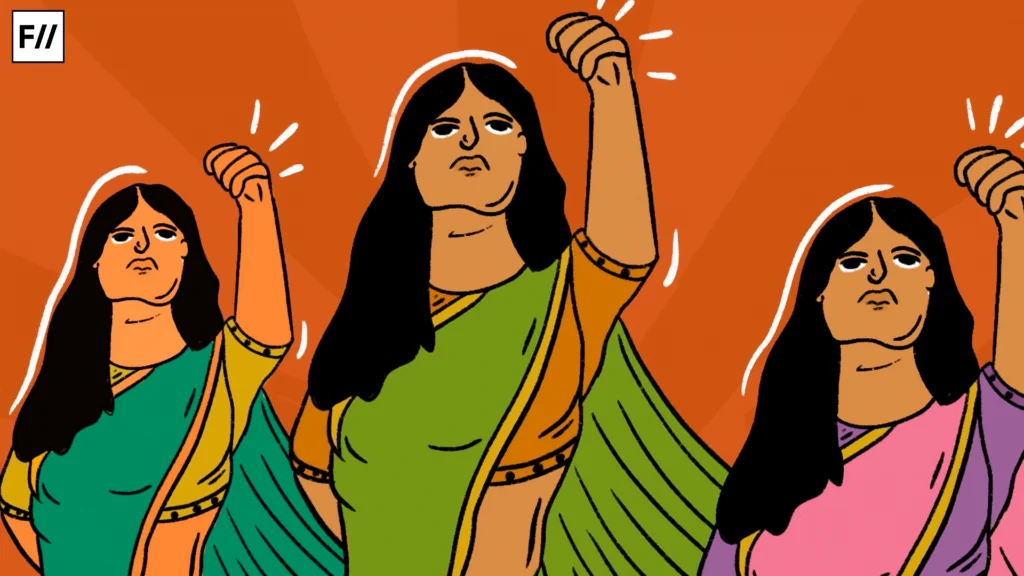The abortion debate has at its heart, always been a battle of ideologies. The opposing anti-abortion and pro-abortion camps have been divided over whose rights must precede – the pregnant individual’s or that of the foetus. This discourse has its root in almost everything like religion, legality, social morality, health, right to life, and so on, except for the most crucial aspect of pregnancy – the choice of the pregnant individual.
This triggering battle of ideologies has surfaced on the internet again, aggressively this time, as a consequence of the American Supreme Court’s rollback of abortion as a constitutional right. The Court overturned the decision in Roe v. Wade, a milestone judgment passed in 1973, that made abortion a constitutional right in the U.S.
What is Roe v. Wade?
The history of the conferring of abortion as a constitutional right in the U.S rests upon the landmark Roe v. Wade case. In 1969, Norma McCorvey, a 25-year-old single woman challenged the criminal abortion laws in Texas under the pseudonym ‘Jane Roe’. At that time, the state forbade abortion as unconstitutional, except in cases where the mother’s life was in danger.
Roe was pregnant with her third child and claimed that the pregnancy was a result of rape. She was not allowed to abort and was forced to give birth. In 1973, she made an appeal to the U.S Supreme Court, which then ruled against the state. Henry Wade, the district attorney for Dallas County, was on the defense, arguing for the preservation of anti-abortion laws. Hence, the case is referred to as Roe v. Wade.
Now, almost fifty years later, the U.S. Supreme Court has overturned Roe v. Wade, which allows individual states to ban abortions. This deprives millions of women and pregnant individuals in the country of the right to abortion, except in the case of grave harm to the health of the pregnant person.

The legality of abortion has fundamentally been anchored on the idea of foetal viability – i.e., whether or not the foetus is capable of surviving outside the womb at the stage of the termination of pregnancy. If the medical assessment of this question is positive, the law steps in to protect the right to life of the foetus, which can now grow into an individual, even if placed outside the womb. Thus, the separation of the mother’s/pregnant person’s rights from that of the foetus, has been the focus of the abortion debate.
In India, the Medical Termination Of Pregnancy (MTP) Act, 1971, amended in 2021, now allows for the termination of pregnancy up to 24 weeks, with the reference of one registered doctor up to 20 weeks, and two doctors up to 24 weeks in case of special categories of pregnancies.
If there is foetal disability, there is no time limit on abortion, provided a medical board approves the diagnosis. The grounds for medical termination of pregnancy in India include aspects like rape, incest, disability, failure of contraception, etc. The amended provisions also make it non-mandatory for a woman to be married, or have the consent of her partner to seek a medical abortion.
If we look at the Indian context, we can see that the legal position of abortion is much more progressive than the current U.S. scenario. Why then are women and uterus-bearing individuals feeling triggered and anxious over this development in our country?
Though the MTP Act appears progressive, its approach is still heavily patriarchal and does not place the choice of the pregnant person at its core, as the case should be. The inclination of the Act is not rights-based and the insistence on the approval from doctors and a medical board for termination of pregnancy in stipulated circumstances further reiterates that it is not the choice of the abortion seeker that is given importance.
The abortion debate: Gender lens, choice, moral sanctions
Vidhya, an Indian voice artist, writer, and marketing consultant based in Dubai shares her anxieties regarding the rollback of abortion laws in the U.S. “My husband of 11 years and I, are childfree by choice. I have undergone an abortion in India out of free will, and I do not regret it. The takedown of abortion rights by the Supreme Court of one of the most advanced countries in the world is infuriating. It makes women feel dispensable and scared, because this may set a precedent in other countries that have an abysmal approach towards women’s rights, including India,” she says.
When countries that otherwise pride on equality and personal liberty pass laws that disenfranchise women’s bodily autonomy, it is very revealing of the patriarchal and moral conscience that still guides governance, despite scientific advancements and rational thought.
Though abortion is a legal right in India, people who opt for it are morally policed and thrust into a dilemma over questions of humanity, motherhood and preservation of life. This situation only worsens when multiple marginalising factors like caste, gender identity, social location, and the like, are taken into account.
Unsafe abortions are the third leading cause of maternal deaths in India. Over 13 women die every day in the country, due to abortion-related consequences owing to social stigma, unsafe abortion practices, lack of trained professionals, lack of access to health care, etc.
“I had my abortion in an urban city hospital. Despite this, the first OBGYN I approached refused to perform the procedure on ethical grounds. The second doctor agreed. I am sure that as one moves away from tier-1 cities, planned parenthood is not given the importance it deserves, and women rarely have any agency to decide when or when not to have a child, owing to moral, familial, and social restrictions,” Vidhya mentions.
Also read: Abortion Laws In India: Do Pregnant People Have Agency Over Their Own Bodies?

New Zealand Prime Minister Jacinda Arden condemned the U.S. Supreme Court’s overturning of abortion rights, calling it ‘incredibly upsetting’. “Watching the removal of a woman’s fundamental right to make decisions over their own body is incredibly upsetting. Here in New Zealand we recently legislated to decriminalise abortion and treat it as a health rather than criminal issue,” she said in a statement on Saturday, as quoted by the Daily Mail.
This response brings focus on the need for a gender lens and the involvement of the experiences and aspirations of the stakeholders when it comes to legislating on issues like abortion. Though the MTP Act appears progressive, its approach is still heavily patriarchal and does not place the choice of the pregnant person at its core, as the case should be. The inclination of the Act is not rights-based and the insistence on the approval from doctors and a medical board for termination of pregnancy in stipulated circumstances further reiterates that it is not the choice of the abortion seeker that is given importance.
This also delays the process of abortion, especially in rural spaces where access to health care is already skewed. The Indian Penal Code also retains ‘causing miscarriage’ as a crime under Section 312, and the MTP Act is only an exception to this.
This means that a person who is simply not ready for a child may be able to have a legal abortion in India, but may not be able to feel fully in control over that decision. This is why women and potential pregnant individuals in countries like India feel a sense of escalating dread, though the law may appear to protect their right to abortion, for the time being.
The bodies of women and other gender minorities have always been at the cusp of being controlled, regulated, and pushed into violence. The fact that the patriarchal morality sees wombs as cites for the reinforcement of masculinity, feudalism, and capitalism, has stripped off the choice and agency of their bearers, making the womb a socio-legal entity, rather than a personal organ.
Why is this making women anxious?
Nikhila, a Content Developer based in Bengaluru says, “What next? – That is my presiding worry now. We already live in times where gender-based violence is being justified by rape apologists and incels. When powerful governments also rely on regressive moral codes and oust the bodily rights of women, it feels dreadful.”
Shwetha, a CA student based in Trissur, Kerala, expresses a gripping sense of fear at the sight of such normalisation of anti-abortion laws. “The condemning of abortion in India despite it not being illegal is so commonplace that it produces fright,” she says.
“There was a time in my life when I thought Margret Atwood created fantasies in her head. Not anymore,” reveals Milda Maria, independent scholar and former lecturer based in Wayanad, Kerala.
The bodies of women and other gender minorities have always been at the cusp of being controlled, regulated, and pushed into violence. The fact that the patriarchal morality sees wombs as cites for the reinforcement of masculinity, feudalism, and capitalism, has stripped off the choice and agency of their bearers, making the womb a socio-legal entity, rather than a personal organ.

In the continued presence of gender roles that confer primary caregiving responsibilities on women, and the absence of social infrastructure like medical insurance, health care, maternity benefits, inclusive workspaces, etc., a legal move to roll back abortion rights pushes our fight for personhood and choice several decades behind.
Apart from foetal viability, another aspect that seemingly prompted the recent U.S Supreme Court decision is that the increasing demand for adoption makes abortions less necessary. ‘Laws allowing people to surrender newborn babies on a no-questions-asked basis mean carrying a pregnancy to term doesn’t require one to engage in child rearing’, a Court member suggested. There can be no argument more fascist, irrational, and anti-women than this.
The legal validation of such ideas normalises the attribution of women’s worth to their maternal capabilities and reinforces the institution of the family with all its unfettered, patriarchal, systemic gender discriminations.
“Irrespective of whether this is happening in our country or not, this is heart-breaking,” says Anjali*, a Post Graduate designer, based in Kerala. “With the gender discrimination that is rampant at home, in families and everywhere else, such legislations make you realise how differently the world treats a woman. It is alienating and cathartic,” she continues.
Also read: Manifesto 343: The Abortion Rights Movement By Women Who Spoke About Their Illegal Abortions In 1971
Abortion seekers in the U.S. will now have to travel to States that permit abortions, incurring mental, financial, and health costs. Though abortion is legal in India, Indian women also incur financial, mental, and social costs when they decide to exercise their legal right to abortion.
This striking similarity in the gendered experience of opting for an abortion testifies that the bodies of women and other gender minorities are not their own. Legal protection does not ensure mental and social protection, and vice-versa.
It is anxiety-inducing to have a uterus and to be constantly made aware that states, systems, and laws dominated by cis-het men will always have a greater say over our bodies than any of us ourselves.
*Name changed to protect identity.
Featured Image Source: ACLU Of Illinois




